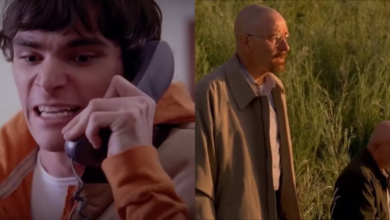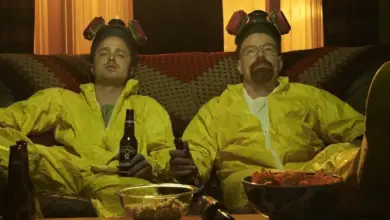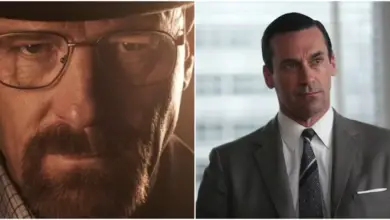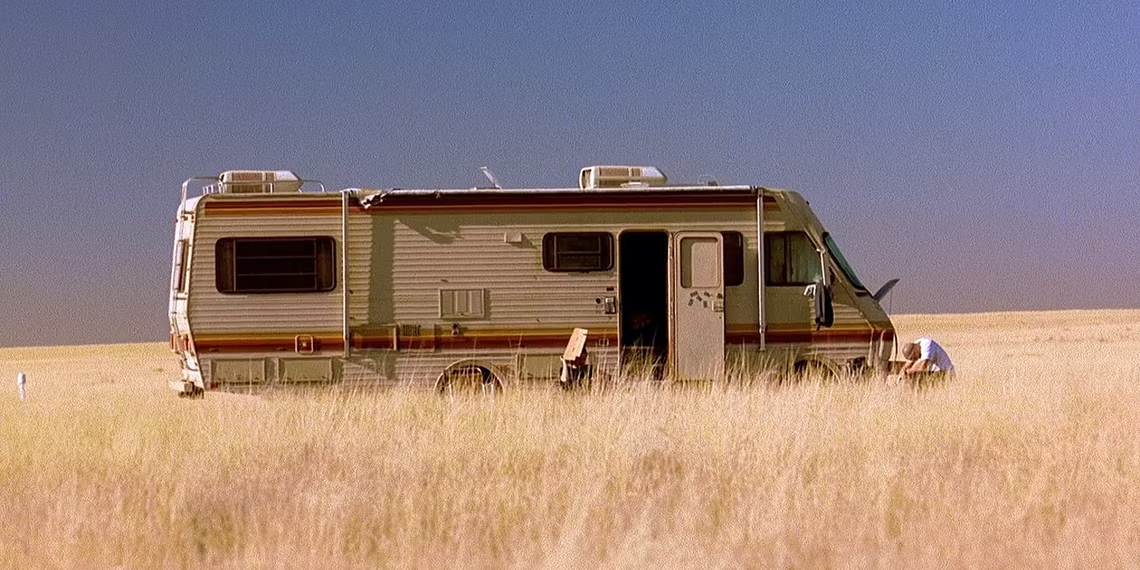Vince Gilligan explains the meaning of the ‘Breaking Bad’ title
Far more than just a mere TV series, Breaking Bad exploded in popularity during its run between 2008 and 2013 to become a bonafide cultural phenomenon
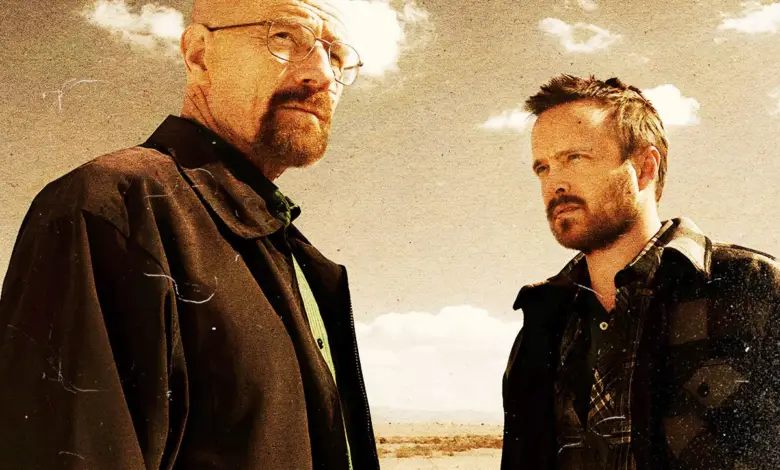
It ended its tenure after five seasons and six episodes as an ironclad candidate any time the conversation over the greatest show ever starts up again.
It wasn’t always a ratings sensation, though, with viewership starting off solidly without being spectacular before audiences everywhere quickly cottoned on that something special was in the midst of unfolding weekly. To put things into perspective, the first run of episodes was watched by an average of 1.2 million, which snowballed into the final eight episodes averaging above 6 million.
Critical acclaim and awards season glory were the order of the day, with Bryan Cranston’s Walter White and Aaron Paul’s Jesse Pinkman becoming television icons, while the supporting cast was stacked full of memorable background players. Not that things ended there, either, with an entire universe springing up in the aftermath.
Prequel spinoff Better Call Saul was every bit the equal of its predecessor across its own six-season stretch, with Netflix following up the events of the series finale with El Camino: A Breaking Bad movie, never mind Spanish-language and South Korean remakes of the original. All that, and creator Vince Gilligan had no idea the general public may not have a clue what the title meant.
The phrase is embedded in the cultural lexicon now, but Gilligan initially thought it was a common saying. He explained to the American Film Institute when he was asked where the title came from: “I come from Virginia, and it’s very much a southern regionalism that I thought everybody knew.”
Offering context, the roots are as unruly as the characters in the show: “It means to raise hell. Like, ‘I was at a bar the other night, and I just tied one on and really broke bad. You know, I just wound up in the back of a squad car,’” he said. “So it’s a regionalism.” Not that industry executives were aware, as he found out first-hand.
Naming one outfit in particular, Gilligan revealed a major studio had issues: “I remember the head of Sony said, ‘Can’t you think of a better title?’ I said I kinda like this one,” he continued. “He said, ‘I don’t know what the hell it means! I thought everybody… I didn’t realise it was as regional an expression as it is.”
That’s not even strictly true, though, with Time doing a little digging of its own. As well as uncovering references to “breaking bad” as it relates to violent and unruly behaviour as far back as the 1970s, it was discovered that a 1919 overview of the latest happenings on Wall Street made reference to how the market could prospectively “break bad over Sunday” and impact the railways more than the industrial sector, with New York’s financial hub not exactly dripping in southern charm.

